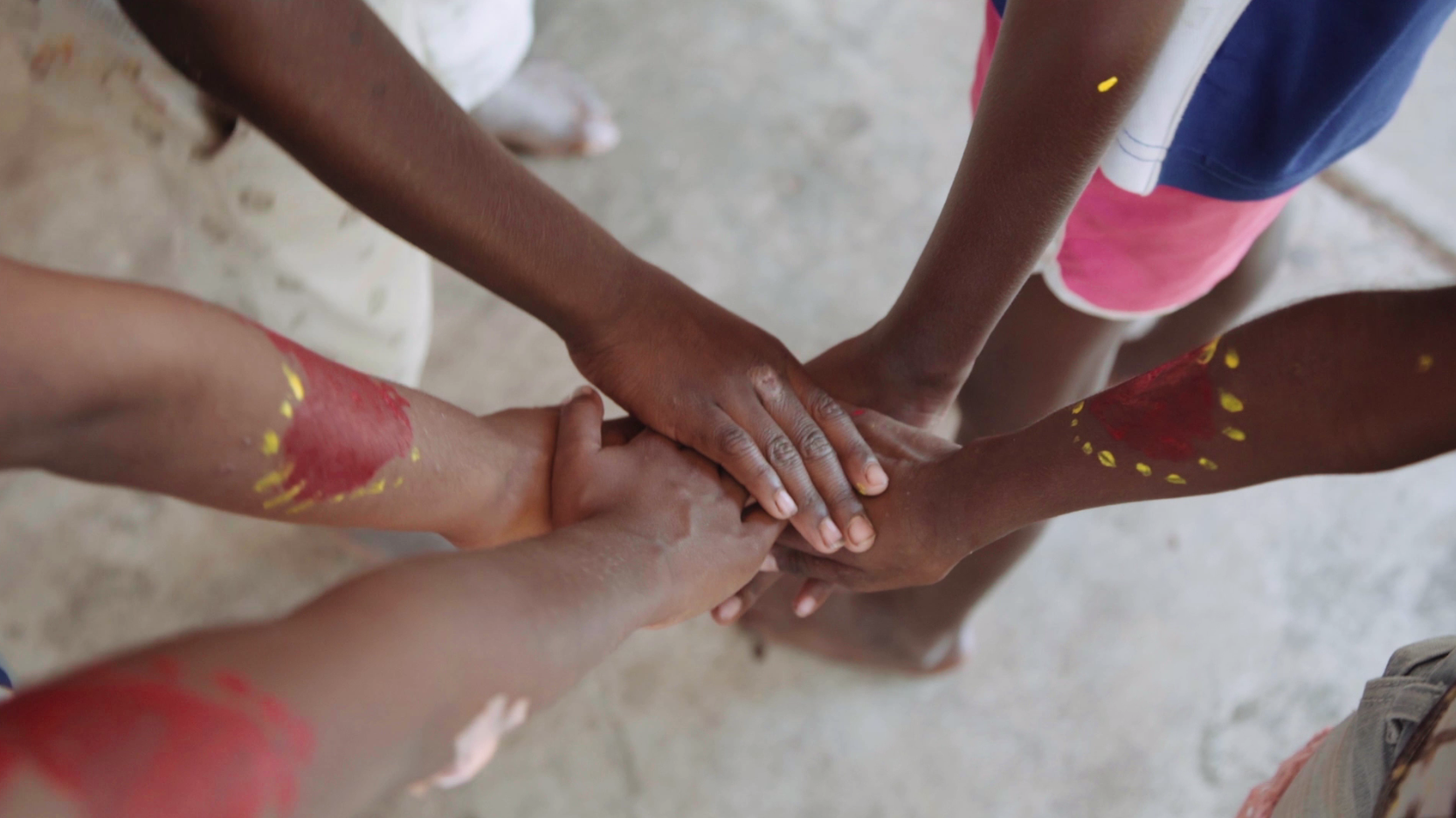Search
Showing results for "Au"
Research
Prenatal maternal stress events and phenotypic outcomes in Autism Spectrum DisorderASD, in the context of prenatal maternal stress exposure, may be associated with a more severe phenotype, particularly when there are multiple prenatal exposures
Research
Effectiveness of Palivizumab against Respiratory Syncytial Virus: Cohort and Case Series AnalysisPalivizumab appeared effective for reducing virologically confirmed respiratory syncytial virus in this high-risk cohort
Research
Trial refresh: A case for an adaptive platform trial for pulmonary exacerbations of cystic fibrosisThis review will discuss the necessary steps required for a Bayesian adaptive platform trial to optimize treatment of pulmonary exacerbations of cystic fibrosis
Research
Discrete choice experiment to evaluate preferences of patients with cystic fibrosis among alternative treatment-related health outcomes: A protocolThe aim of this study is to identify and quantify the preferences of patients with cystic fibrosis regarding treatment outcomes
Research
Energy drink consumption among young Australian adults: Associations with alcohol and illicit drug useAustralian energy drink users tend to have heavier alcohol consumption patterns be a cigarette smoker and use illicit drugs relative to non-users.
Research
Provision of Engagement Services for the AEDCSupport services to the Department of Education and Training and the AEDC State and Territory Coordinators and their support staff across Australia.

News & Events
Community-led research set to revolutionise treatment of rheumatic heart diseaseYoung Aboriginal and Torres Strait Islander people receiving long-term, painful injections to prevent deadly complications from rheumatic heart disease (RHD) will design their own optimum treatment program thanks to latest research at The Kids Research Institute Australia.
Research
Identification of genes differentially regulated by vitamin D deficiency that alter lung pathophysiology and inflammation in allergic airways diseaseVitamin D deficiency exacerbates house dust mite-induced inflammation and alterations in lung structure and function
Research
Late-talking and risk for behavioral and emotional problems during childhood and adolescenceAlthough many toddlers with expressive vocabulary delay ("late talkers") present with age-appropriate language skills by the time they are of school age,...
Research
A comparison of autism prevalence trends in Denmark and Western AustraliaPrevalence statistics for autism spectrum disorders (ASD) vary widely across geographical boundaries. Some variation can be explained by diagnostic methods...
